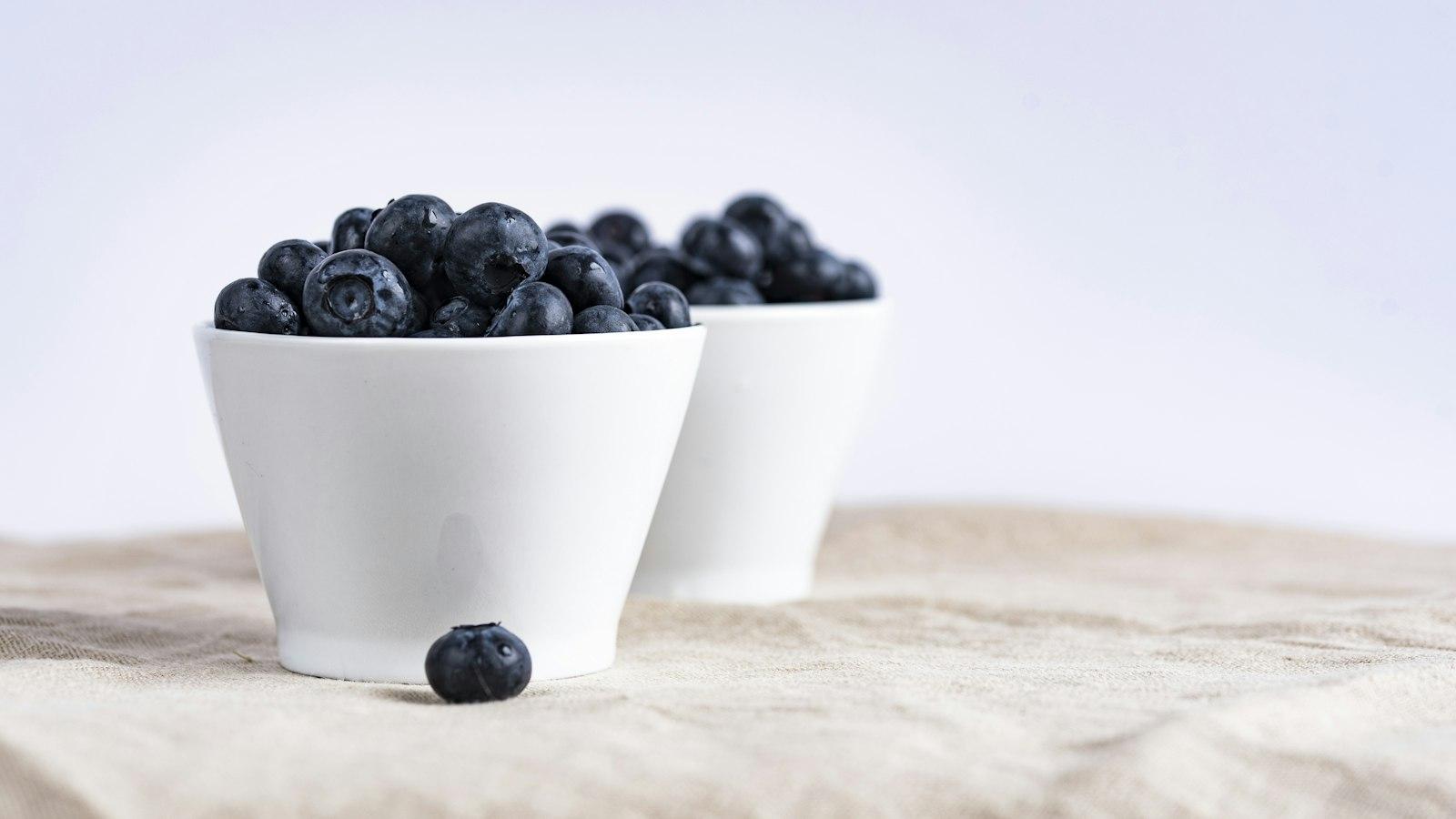In the realm where pavement meets passion, where heartbeats synchronize with rhythmic footfalls, fueling your run becomes paramount. A symphony of sweat and determination, running demands not only physical strength, but a mindful approach to nourishment. Welcome to the realm where every step is an art, and what you consume becomes your brushstroke of stamina. In this expert nutrition guide, we delve deep into the secrets of pre and post-run nourishment to unlock the potential within every stride. Prepare to embark on an epicurean adventure that will empower you to claim victory not only over the road, but over your own limitations. From energizing breakfast meals to rejuvenating recovery snacks, we present a palette of sustenance that will fuel your run and elevate your performance to unparalleled heights. Lace up your shoes, tie your apron, and let us embark on this flavorful journey of endurance together.
Pre-Run Fuel: Optimizing Performance with Effective Nutrition Strategies
Pre-Run Fuel: Optimizing Performance with Effective Nutrition Strategies
When it comes to maximizing your running performance, nutrition plays a crucial role. What and when you eat before your run can have a significant impact on your energy levels, endurance, and overall performance. To ensure you’re fueled and ready for your run, it’s essential to adopt effective nutrition strategies that provide your body with the necessary nutrients and energy it needs. Here are some expert tips to help you optimize your pre-run fuel:
- Time your meals: It’s important to plan your meals and snacks strategically before a run. Aim to eat a balanced meal containing carbohydrates, protein, and healthy fats about 2-3 hours before your run to allow for proper digestion and energy availability.
- Hydrate adequately: Proper hydration is key to optimal performance. Make sure to drink enough water throughout the day leading up to your run and consume additional fluids about 1-2 hours before you hit the pavement.
- Focus on carbs: Carbohydrates are your body’s primary source of fuel during exercise, so it’s crucial to include them in your pre-run meals. Opt for complex carbohydrates like whole grains, fruits, and vegetables that provide sustained energy.
- Include some protein: Including a moderate amount of protein in your pre-run meal can help enhance muscle repair and recovery. Lean sources of protein such as chicken, fish, or tofu are excellent options.
- Consider quick and easily digestible snacks: If you’re running within an hour, having a small snack that is easily digestible can provide an energy boost. Bananas, energy bars, and yogurt are all great choices.
Remember, finding the right pre-run routine may require some trial and error. Be mindful of how different foods and timing affect your performance, and make adjustments accordingly. Nourishing your body properly before a run can make a world of difference in your overall running experience.

Post-Run Recovery: Essential Nutritional Techniques for Replenishing and Rejuvenating
The Power of Nutrition: Revitalize Your Body with Smart Post-Run Fueling
After clocking in those miles and pushing your limits, it’s crucial to prioritize post-run recovery to enhance muscle repair and replenish your energy stores. Nourishing your body with the right nutrients plays a vital role in achieving optimal recovery. Here are some essential nutritional techniques to adopt after your run:
- Rehydrate: Start by replenishing lost fluids to rehydrate your body. Replace electrolytes and minerals lost through sweat by sipping on water infused with natural sources of sodium and potassium, like coconut water or electrolyte-rich beverages.
- Refuel with Protein: Providing your muscles with the necessary amino acids is crucial for repair and growth. Incorporate lean sources of protein into your post-run meal or snack, such as Greek yogurt, eggs, tofu, or a whey protein shake.
- Rebuild with Carbohydrates: Consuming adequate carbohydrates is vital for replenishing glycogen stores and providing energy for your next workout. Opt for whole grains, fruits, or starchy vegetables like sweet potatoes.
- Reduce Inflammation: Help your body recover faster by consuming foods with anti-inflammatory properties. Include omega-3 fatty acids found in fatty fish like salmon, walnuts, or chia seeds. Turmeric and ginger are also powerful anti-inflammatory spices to incorporate into your post-run meals.
- Restore with Antioxidants: Enhance your body’s recovery process by consuming foods rich in antioxidants, which help combat oxidative stress and promote healing. Include colorful fruits and vegetables like berries, spinach, kale, and bell peppers in your meals or smoothies.
To maximize the benefits of these techniques, aim to eat within 30 minutes to an hour after your run when your body is most receptive to nutrient absorption. Give your body the fuel it needs and unlock the potential for faster recovery and rejuvenation.
In this journey towards becoming a stronger and faster runner, we have delved into the art of sustenance, uncovering the secrets of expert nutrition for your pre and post-run nourishment. As we wrap up our guide, we hope to leave you inspired to make thoughtful choices that will power your body and elevate your performance.
Remember, fueling your run is not just about consuming calories; it is a careful dance between science and art, a symphony of nutrients that harmonize with your body’s needs. By understanding the diverse role of macronutrients and micronutrients, you can unleash your full potential as a runner.
In our exploration, we have discovered the importance of carbohydrates as the primary source of fuel for endurance. These complex energy providers, found in whole grains, fruits, and vegetables, offer sustained power and prevent the dreaded “bonk” during long runs.
Additionally, protein takes center stage in the process of rebuilding and repairing muscles. Lean meats, dairy products, and plant-based sources like legumes and tofu provide the building blocks needed to recover and grow stronger with every stride.
While carbohydrates and protein lay the foundation, we must not overlook the role of healthy fats. Avocado, nuts, and seeds offer not only a source of energy but also essential fatty acids, promoting heart health and inflammatory control. Incorporating these fats into your diet ensures a well-rounded approach to pre and post-run nourishment.
But let’s not forget the valuable micronutrients, the unsung heroes that contribute to overall health and well-being. Vitamins and minerals from colorful fruits and vegetables aid in energy production, muscle function, and immune support. Hydration, too, plays an irreplaceable role, as water serves as the body’s lifeblood, essential for proper digestion, thermoregulation, and efficient exercise.
Now armed with this expert nutrition guide, it is up to you to apply these concepts to your own running routine. Experiment with different food combinations, meal timing, and portion sizes to find what works best for your individual needs. Remember that everyone’s body is unique, and what works for one may not work for another.
As you embark on this culinary and nutritional adventure, commit to listening to your body’s cues. Trust the signals it sends you, whether it’s hunger, fatigue, or the desire for a well-deserved treat after a challenging run. By building a symbiotic relationship between your body and your fuel, the art of sustenance will become a seamless part of your running journey.
So, as you lace up your running shoes and prepare for your next adventure, remember that every step forward is an opportunity to fuel not only your body but also your passion and determination. By nourishing yourself properly, you are fostering your own growth, and the miles ahead will unfold with ease and grace.
Fuel your run, fuel your dreams, and may every stride be a step towards greatness.











Leave a Reply